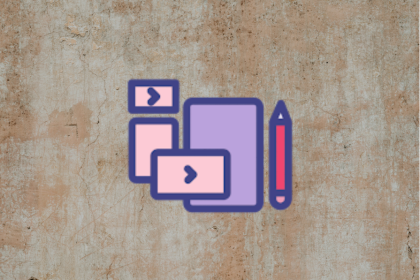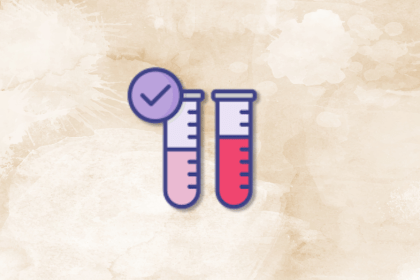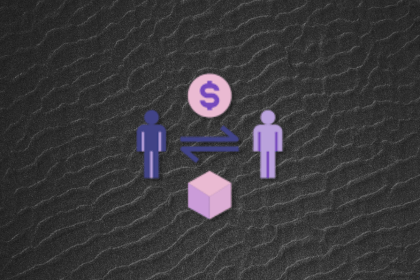
A product manager’s guide to deciding when automation is enough, when AI adds value, and how to make the tradeoffs intentionally.

Should PMs iterate or reinvent? Learn when small updates work, when bold change is needed, and how Slack and Adobe chose the right path.

AI accuracy problems are often chunking problems. Learn how chunk size and structure impact cost, retrieval quality, and UX.

Learn why AI native products break classic SaaS GTM rules and how to grow through distribution, fast learning, and built in social sharing.

Shift from deterministic product thinking to a portfolio approach that helps PMs manage AI models, risk, and continuous change.

Turn your SaaS product into a platform by spotting key signals, avoiding common traps, and building for scale, reuse, and integration.

AI governance is now a product feature. Learn how to embed trust, transparency, and compliance into your build cycles.

Red-teaming reveals how AI fails at scale. Learn to embed adversarial testing into your sprints before your product becomes a headline.

Act fast or play it safe? Product managers face this daily. Here’s a smarter way to balance risk, speed, and responsibility.

Great product managers spot change early. Discover how to pivot your product strategy before it’s too late.

Monetizing with ads isn’t plug-and-play. Learn how AdTech really works so your product can generate sustainable, scalable revenue.

Discovery isn’t always worth it. Learn when to skip the research, trust your gut, and ship fast without slowing down your product team.